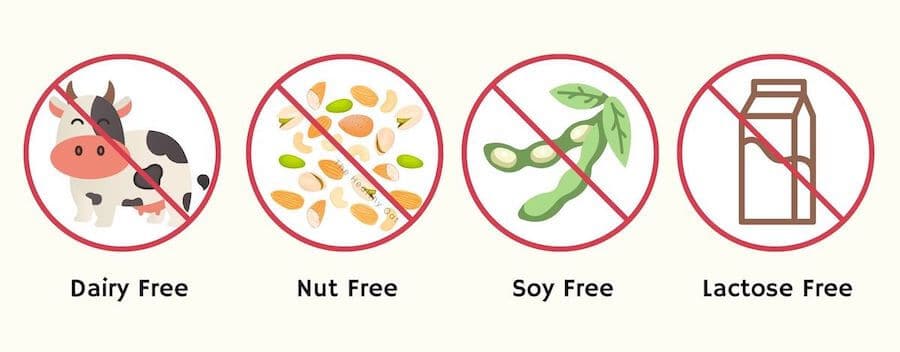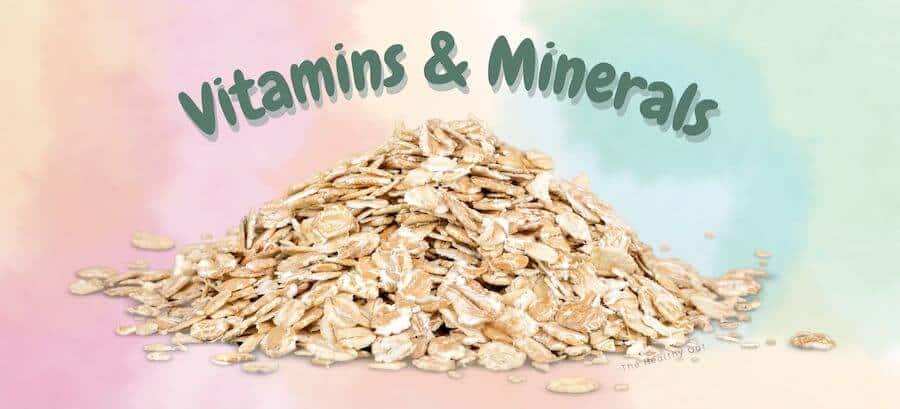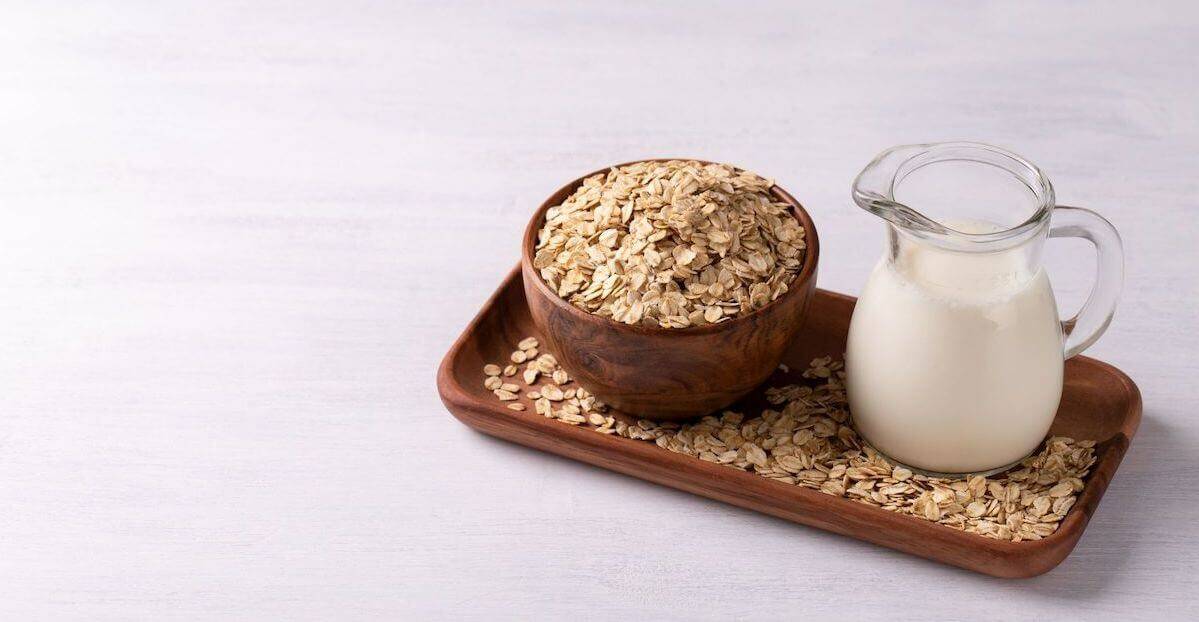Oat milk is a dairy-free alternative to cow’s milk. It is made from oats and water blended together and has a creamy texture and a slightly nutty, sweet taste. It is a good source of fiber and potassium. Oat milk is suitable for people with lactose intolerance, vegans, and people with nut allergies. Oat milk can be used in the same way as cow’s milk. It can be drunk on its own, used in coffee or tea, or used in baking and cooking.
Oat milk is best known for use in coffee drinks. Its consistency is similar to dairy milk, and its sweet, nutty flavor makes a great latte and cappuccino. But oat milk can also do much more!
In this article, we will look at the health benefits of oat milk and how it compares with cow’s milk and other milk substitutes.

It’s A Good Substitute For People With Dietary Restrictions
Oat milk is simple; it’s made by blending oats in water and straining the mixture. Because of this, it satisfies a lot of different dietary restrictions. Oat milk is a good choice for people with dietary restrictions, as it is naturally:
- Dairy Free
- Nut Free
- Soy Free
- Lactose-Free
- Low in fat
- Contains no cholesterol
- Good source of fiber
Note: not all oat milk brands are gluten-free because of the machinery used. Always read the label on the packaging for allergy information.
Oat Milk Has Health Benefits

Vitamines & Minerals
Oat milk is a great choice, as it is an excellent source of vitamins B2 and B12. These vitamins are essential for generating energy and maintaining healthy red blood cells, brain, and nerve cells. Most commercial oat milk brands are fortified with these vitamins, so you can be sure to get the nutrients you need. Oat milk is also a good source of calcium and other minerals, making it a well-rounded choice for those following a vegan diet, which can lack these vitamins and minerals.
Many manufacturers add vitamins and minerals to oat milk to increase the drink’s nutritional value. Each brand of oat milk will have a different mix of vitamins and minerals. Oat milk is generally high in nutrients, including calcium and vitamin B12.
Additionally, oat milk is a good source of:
- Protein
- Fiber
- Calcium
- Potassium
May Help Lower Cholesterol
Oats are truly magical food. Not only are they tasty and versatile, but they also offer a host of health benefits. One of the key components of oats is beta-glucan, a type of fiber that’s been shown to improve cholesterol levels and help with blood sugar control according to the National Library of Medicine.
This fiber also provides prebiotics, which fuels your body’s probiotics and helps these friendly bacteria survive and thrive. Eating foods with beta-glucan has been linked to improved immunity and gut health.
Weight Loss
Oat milk can be an excellent choice for those looking to lose weight. Because it is lower in calories and sugar than dairy milk and high in fiber, oat milk can help you feel fuller longer and avoid unhealthy snacking. Additionally, oat milk is a good source of vitamins and minerals, which can help boost your metabolism and aid in weight loss. Oat milk is a great milk substitute if you’re trying to shed a few pounds.
Beauty Benefits – Skin, Hair & Nails
Oat milk is often celebrated for its health benefits, but did you know that it can also be good for your skin, hair, and nails?
That’s right – oat milk is an antioxidant, which can help protect the skin from damage caused by free radicals. Meanwhile, oat milk is also a humectant, which means it helps the skin to retain water. The B vitamins in oat milk are known to encourage cell turnover, which helps to keep skin looking youthful and glowing.
These same vitamins also help to make hair and nails stronger and shinier. Additionally, oat milk can help to encourage hair and nail growth.
So if you’re looking for a natural way to keep your skin looking its best, oat milk may be the answer!
Nutritional Information
According to the U.S. Department Of Agriculture (USDA) 100 ml (about 1/4 cup) of oat milk contains:
| Name | Oat Milk (100ml) | Almond Milk (100ml) | 2% Milk (100ml) | Unit |
|---|---|---|---|---|
| Energy | 50 | 15 | 50 | kcal |
| Protein | 1.25 | 0.55 | 3.36 | g |
| Total lipid (fat) | 2.08 | 1.22 | 1.9 | g |
| Carbohydrate, by difference | 6.67 | 0.34 | 4.9 | g |
| Fiber, total dietary | 0.8 | <0.45 | 0 | g |
| Sugars, total including NLEA | 2.92 | 173 | 4.89 | g |
| Calcium, Ca | 146 | 173 | 126 | mg |
| Iron, Fe | 0.12 | 0.29 | 0 | mg |
| Phosphorus, P | 112 | 30 | 103 | mg |
| Potassium, K | 162 | 31 | 159 | mg |
| Sodium, Na | 42 | 60 | 39 | mg |
| Vitamin B-12 | 0.5 | 0.34 | 0.55 | µg |
| Fatty acids, total saturated | 0.21 | 0.104 | 1.11 | g |
| Fatty acids, total trans | 0 | 0 | 0.07 | g |
| Cholesterol | 0 | 0 | 8 | mg |
What To Watch Out For – The Down Side Of Oat Milk
May Contain Gluten
Oat milk may not be suitable for people with non-celiac gluten sensitivity or with celiac disease. While oat milk does not contain gluten, it may be produced in facilities that process wheat, barley, and rye. This raises the risk of cross-contamination, and many oat milks on the market do not meet the standards for being gluten-free. Oat milk may not be the best choice for people with celiac disease or non-celiac gluten sensitivity.
Other dairy-free alternatives are specifically labeled as gluten-free, and these may be a better option for people who need to avoid gluten.

Oat milk is an excellent substitute for people with dietary restrictions. Oat milk is dairy-free, making this product perfect for vegans and those who can’t drink cow’s milk. Its consistency has more in common with dairy than other plant-based milks, so it can be used as an alternative to soy or almond milk for those allergic or sensitive to nuts! No need to worry about missing out on any nutrients because they naturally occur within the cereal grain itself. Some oat milk brands are fortified with calcium, vitamins A, D, and B12.
Recent Posts
Can Drinking oat milk improve my skin complexion? Oat milk is rich in antioxidants and anti-inflammatory compounds that may help improve skin health and reduce inflammation. Additionally,...

